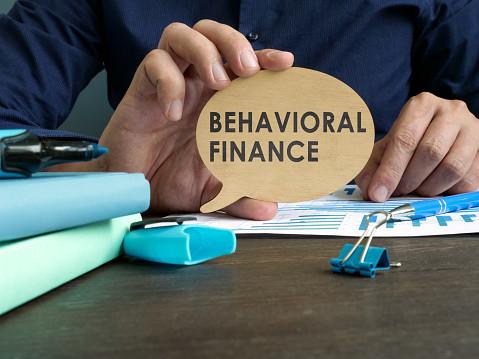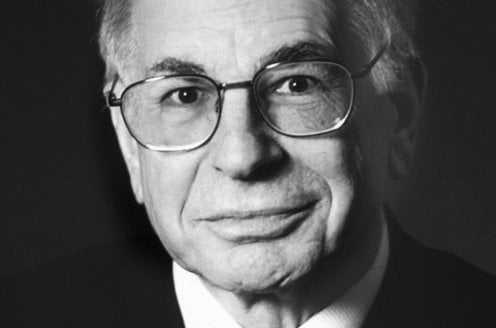Behavioural finance
Behavioural finance is a subfield of behavioural economics. It argues that when people make financial decisions like investing, they are not nearly as rational as traditional finance theory predicts.
Mainstream theory make assumptions in its models that people are rational and free from emotion or the effects of culture and social relations. But behaviourists think that people make financial decisions based on emotions and cognitive biases.
43
696 reads
CURATED FROM
IDEAS CURATED BY
The idea is part of this collection:
Learn more about moneyandinvestments with this collection
How to make rational decisions
The role of biases in decision-making
The impact of social norms on decision-making
Related collections
Similar ideas to Behavioural finance
Behavioural Economics
The economic theory of expected utility maximization says that people will act out of rational self-interest. But psychologist Daniel Kahneman showed that it is incorrect.
- Common cognitive biases cause people to use faulty reasoning to make ...
Read & Learn
20x Faster
without
deepstash
with
deepstash
with
deepstash
Personalized microlearning
—
100+ Learning Journeys
—
Access to 200,000+ ideas
—
Access to the mobile app
—
Unlimited idea saving
—
—
Unlimited history
—
—
Unlimited listening to ideas
—
—
Downloading & offline access
—
—
Supercharge your mind with one idea per day
Enter your email and spend 1 minute every day to learn something new.
I agree to receive email updates

